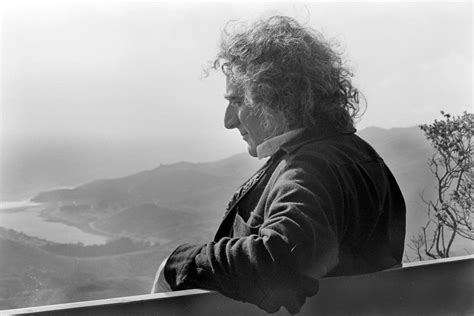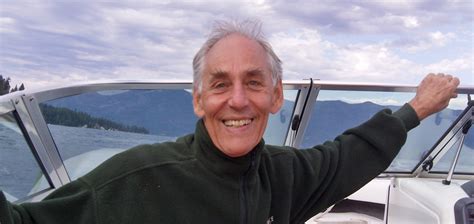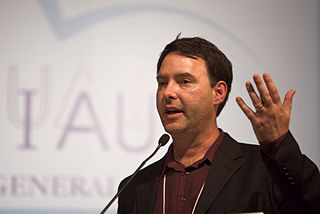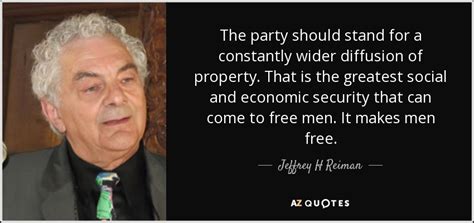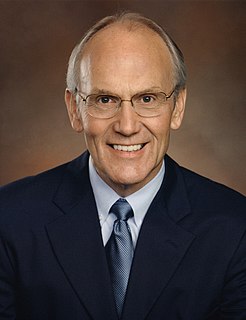A Quote by Charles A. Reich
Organizations are not really "owned" by anyone. What formerly constituted ownership was split up into stockholders' rights to share in profits, management's power to set policy, employees' right to status and security, government's right to regulate. Thus older forms of wealth were replaced by new forms.
Related Quotes
It is possible to see slavery and serfdom merely as extreme early forms of autocratic management, in which employees had no voice whatsoever in the work process and were viewed not as human beings but as alienated forms of individual wealth. Slavery, in this sense, did not die; it continues in modern dress in contemporary organizations wherever managers exercise autocratic power, unequal status, or arbitrary privileges, no matter how scientific the terminology or postmodern the image
Management, in the sense of employer, is merely the agent for the public, the stockholders and the employees. It is management's job to preserve the balance fairly between all these interests, that each may have his fair share without imperiling the continuity of the effort upon which the whole depends.
Resistance is a simple concept: power, unjust and immoral, is confronted and dismantled. The powerful are denied their right to hurt the less powerful. Domination is replaced by equity in a shift or substitution of institutions. That shift eventually forms new human relationships, both personally and across society.
The widespread distribution of private property ownership is the cornerstone of American liberty. Without it neither our free enterprise system nor our republican form of government could long endure.... The next Republican Administration will...not only protect the cherished human right of property ownership, but will also work to help millions of Americans - particularly those from disadvantaged groups - to share in the ownership of the wealth of their nation.
The first right of every human being is the right of self-defense. Without that right, all other rights are meaningless. The right of self-defense is not something the government bestows upon its citizens. It is an inalienable right, older than the Constitution itself. It existed prior to government and prior to the social contract of our Constitution.
So what's the difference between republican and democratic forms of government? John Adams captured the essence of the difference when he said, 'You have rights antecedent to all earthly governments; rights that cannot be repealed or restrained by human laws; rights derived from the Great Legislator of the Universe.' Nothing in our Constitution suggests that government is a grantor of rights. Instead, government is a protector of rights.
It [appears] that however certain forms of government are better calculated than others to protect individuals in the free exercise of their natural rights, and are at the same time themselves better guarded against degeneracy, yet experience [has] shown that, even under the best forms, those entrusted with power have, in time and by slow operations, perverted it into tyranny.
Until government administrators can so identify the interests of government with those of the people and refrain from defrauding the masses through the device of currency depreciation for the sake of remaining in office, the wiser ones will prefer to keep as much of their wealth in the most stable and marketable forms possible - forms which only the precious metals provide.
All the alleged key causes of SOE [State-Owned Enterprise] inefficiency - the principal-agent problem, the free-rider problem and the soft budget constraint - are, while real, not unique to state-owned enterprises. Large private-sector firms with dispersed ownership also suffer from the principal-agent problem and the free-rider problem. So, in these two areas, forms of ownership do matter, but the critical divide is not between state and private ownership - it is between concentrated and dispersed ownerships.
We hold that the ownership of private property is the right and privilege of every American citizen and is one of the foundation stones upon which this nation and its free enterprise system has been built and has prospered. We feel that private property rights and human rights are inseparable and indivisible. Only in those nations that guarantee the right of ownership of private property as basic and sacred under their law is there any recognition of human rights.
